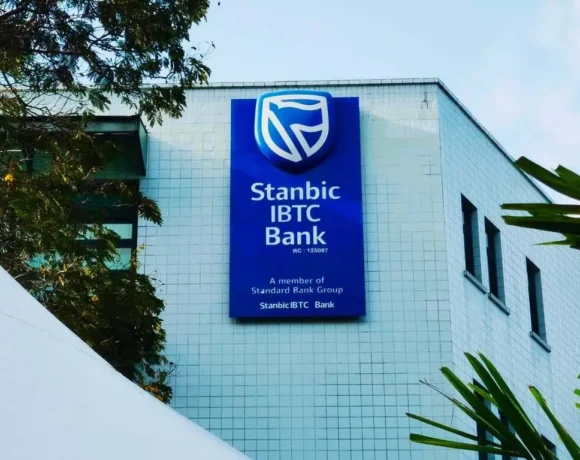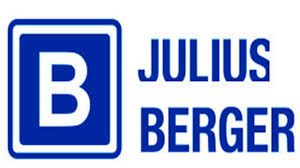Innoson Motors Unveils Affordable Nigerian-Made Car with AC, Warranty, and Flexible Payment Options
Photo Credit: Innoson’s page on Facebook
Innoson Vehicle Manufacturing (IVM), Nigeria’s leading indigenous automobile company, has revealed the price of its most affordable car model, giving hope to many Nigerians aspiring to own a personal vehicle.
The company’s founder and CEO, Innocent Chukwuma, shared this update on social media, adding that the new entry-level vehicle is fully air-conditioned, comes with a four-year warranty, and offers flexible payment options.
This announcement comes at a time when many Nigerians are struggling with high transportation costs and are seeking reliable yet affordable alternatives to imported used cars (Tokunbo).
Price and Features of the Cheapest Innoson Car
According to the post shared on the company’s official Facebook page, the new car—suitable for individuals, small business owners, and first-time buyers—is priced at ₦4.5 million. This vehicle is not only budget-friendly but also designed with durability in mind for Nigerian roads.
Key features include:
Full air conditioning
Fuel efficiency
Strong suspension system
Four-year manufacturer’s warranty
Spare parts availability locally
Flexible instalment payment options
A Vision to Make Cars Accessible
While announcing the offer, Innocent Chukwuma stated:
“Our goal at Innoson is simple—to make it possible for every Nigerian to own a brand-new car. We are not just building cars; we are building confidence in locally made products- Innocent Chukwuma stated.
How You Can Benefit
Aspiring car owners: This is an opportunity to own a brand-new, warrantied car at a relatively low cost.
Small business owners: Take advantage of the instalment plans to get a vehicle for logistics or delivery services.
Youth and students: This model offers an affordable first car option with lower maintenance costs.
Support Nigerian products: Buying IVM supports local businesses and creates employment.
Innoson’s announcement isn’t just about selling cars; it’s about offering Nigerians a chance at ownership, mobility, and pride in made-in-Nigeria products. With economic challenges on the rise, this move could provide much-needed relief and encouragement for self-reliance.











